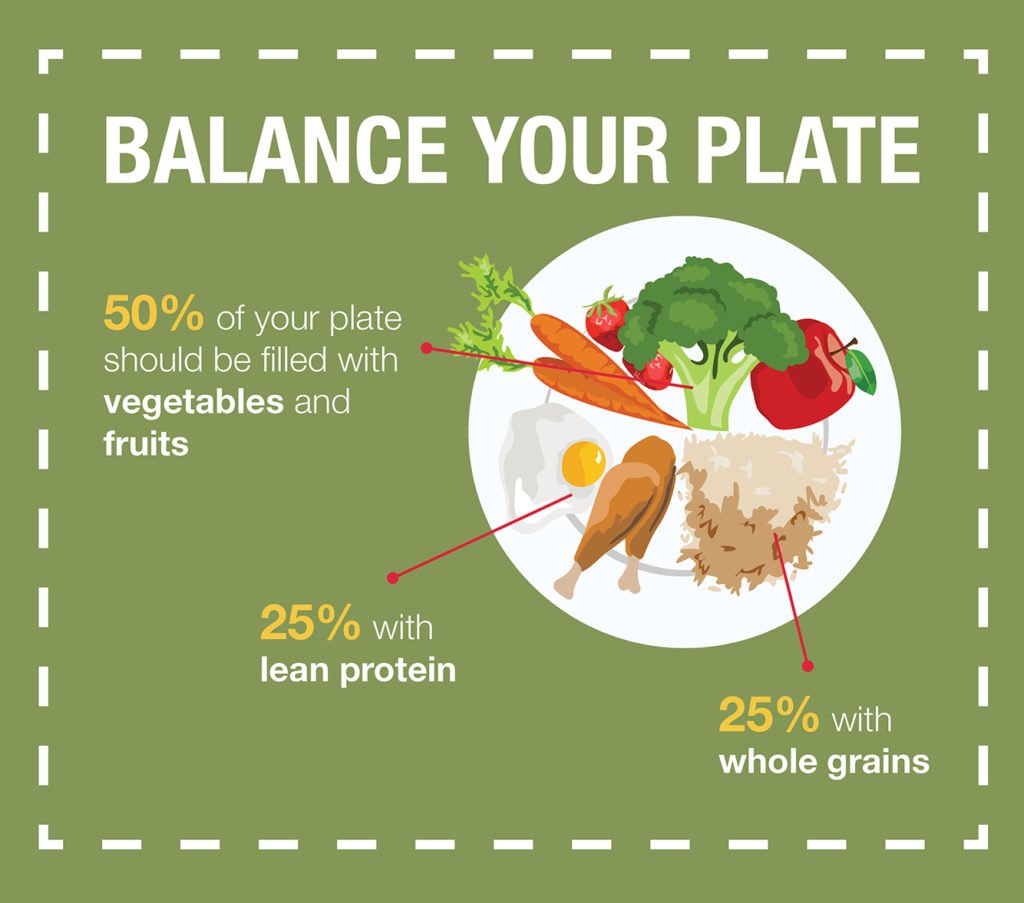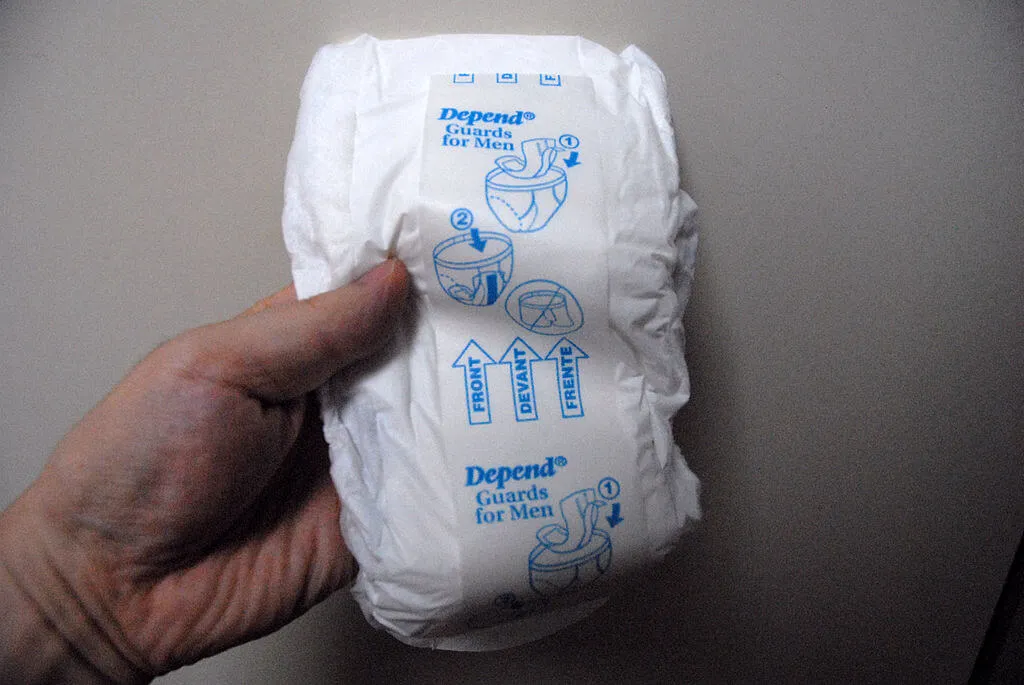Maintaining a healthy diet is one of the most effective ways to boost energy, prevent disease, and improve overall well-being. However, with so much conflicting nutrition advice out there, it can be overwhelming to know where to start.
To simplify things, here are 10 practical and science-backed diet tips that can help you eat better without extreme restrictions. Whether you’re looking to lose weight, gain muscle, or just feel more energetic, these guidelines will set you on the right path.
1. Prioritize Whole, Unprocessed Foods
Why? Processed foods are often loaded with added sugars, unhealthy fats, and preservatives that contribute to weight gain and chronic diseases.
How to do it:
- Fill your plate with fruits, vegetables, whole grains, lean proteins, and healthy fats.
- Avoid packaged snacks, sugary cereals, and fast food.
- Cook at home more often to control ingredients.
Example meal: Grilled chicken with quinoa and steamed broccoli instead of frozen microwave meals.
2. Stay Hydrated (Water is Your Best Friend)
Why? Dehydration can cause fatigue, headaches, and overeating (since thirst is often mistaken for hunger).
How to do it:
- Drink at least 8-10 glasses of water daily (more if active).
- Start your day with a glass of water.
- Replace sugary sodas and juices with herbal teas or infused water.
Pro tip: If you feel hungry between meals, drink water first—you might just be thirsty!
3. Control Portion Sizes
Why? Overeating—even healthy foods—can lead to weight gain.
How to do it:
- Use smaller plates to trick your brain into feeling satisfied.
- Follow the “plate method”:
- ½ plate vegetables
- ¼ plate lean protein
- ¼ plate whole grains or healthy carbs
- Avoid eating straight from the package (portion out snacks).
4. Eat More Fiber-Rich Foods
Why? Fiber aids digestion, keeps you full longer, and helps regulate blood sugar.
How to do it:
- Choose whole grains (oats, brown rice, quinoa) over refined grains (white bread, pasta).
- Add beans, lentils, nuts, seeds, fruits, and veggies to meals.
- Aim for 25-30g of fiber per day.
Example snack: Apple slices with almond butter instead of chips.
5. Include Protein in Every Meal
Why? Protein helps build muscle, keeps you full, and stabilizes blood sugar.
How to do it:
- Breakfast: Greek yogurt, eggs, or a protein smoothie.
- Lunch/Dinner: Chicken, fish, tofu, beans, or lentils.
- Snacks: Cottage cheese, nuts, or hummus with veggies.
Pro tip: If you’re plant-based, combine foods (like rice + beans) for complete protein.
6. Limit Added Sugars and Refined Carbs
Why? Excess sugar leads to energy crashes, weight gain, and diabetes risk.
How to do it:
- Avoid sugary drinks (soda, sweetened coffee, energy drinks).
- Check labels for hidden sugars (high-fructose corn syrup, sucrose).
- Choose whole fruits over fruit juices or candy.
Swap idea: Dark chocolate (70%+) instead of milk chocolate.
7. Choose Healthy Fats Over Trans Fats
Why? Not all fats are bad—healthy fats support brain function and heart health.
How to do it:
- Eat more: Avocados, nuts, seeds, olive oil, and fatty fish (salmon).
- Avoid: Fried foods, margarine, and processed snacks with “hydrogenated oils.”
Example: Cook with olive oil instead of butter.
8. Don’t Skip Meals (Especially Breakfast)
Why? Skipping meals can slow metabolism and lead to overeating later.
How to do it:
- Eat a balanced breakfast (protein + fiber + healthy fats).
- If short on time, try overnight oats or a protein shake.
- Have small, frequent meals if big meals make you sluggish.
9. Practice Mindful Eating
Why? Eating while distracted leads to overconsumption.
How to do it:
- Eat slowly, chew thoroughly.
- Avoid screens (TV, phone) during meals.
- Listen to hunger/fullness cues (stop when 80% full).
Bonus: You’ll enjoy food more when you savor each bite!
10. Allow Flexibility (No Strict Diets!)
Why? Extreme restrictions often lead to binge-eating and guilt.
How to do it:
- Follow the 80/20 rule (80% healthy, 20% treats).
- Enjoy your favorite foods in moderation.
- Focus on progress, not perfection.
Example: Have a small dessert occasionally without guilt.
Final Thoughts: Small Changes, Big Results
A healthy diet doesn’t mean giving up all your favorite foods—it’s about balance, moderation, and making better choices most of the time. Start with one or two tips and gradually build healthier habits.


















